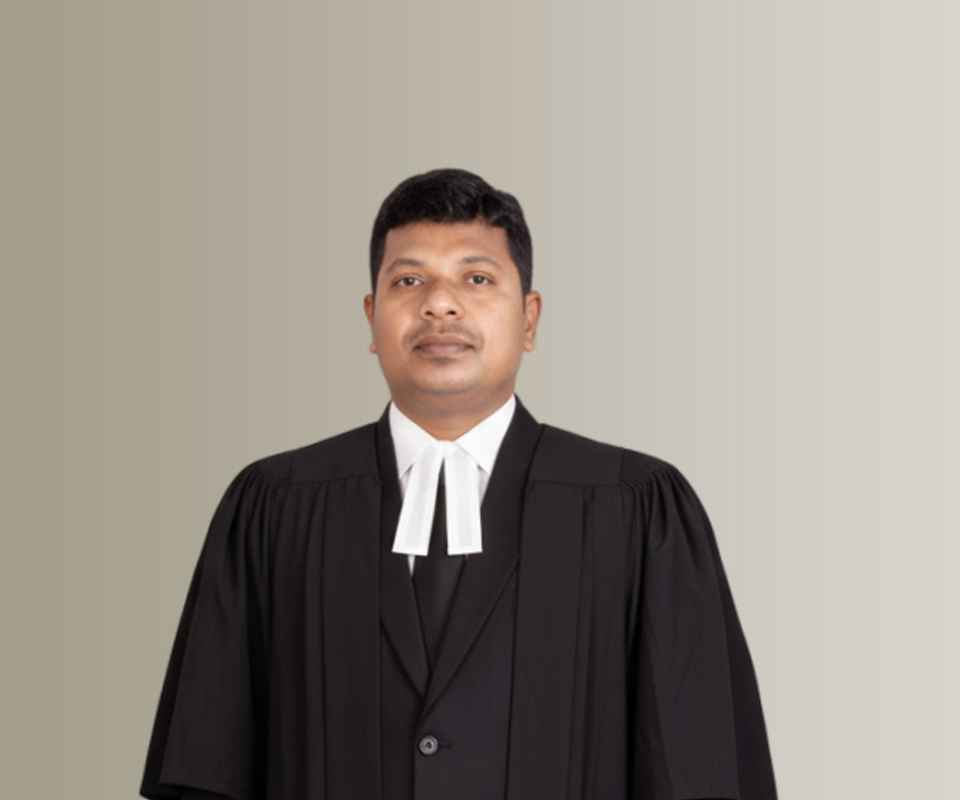Answer By law4u team
Bharatiya Nagarik Suraksha Sanhita, 2023 - Section 370: Resumption of inquiry or trial.
(1) Whenever an inquiry or a trial is postponed under section 367 or section 368, the Magistrate or Court, as the case may be, may at any time after the person concerned has ceased to be suffering from mental illness, resume the inquiry or trial and require the accused to appear or be brought before such Magistrate or Court.
(2) When the accused has been released under section 369, and the sureties for his appearance produce him to the officer whom the Magistrate or Court appoints in this behalf, the certificate of such officer that the accused is capable of making his defence shall be receivable in evidence.
Brefe Detail
Section 370 addresses the resumption of inquiry or trial for individuals who have previously been found to suffer from mental illness. It allows the Magistrate or Court to resume proceedings once the individual is deemed mentally fit. The section also establishes that certificates from appointed officers regarding the accused's capability to make a defense are admissible in evidence.
Question & Answers
Q: What does Section 370 allow regarding inquiries or trials?
A: It allows the Magistrate or Court to resume inquiries or trials after the person has ceased to suffer from mental illness.
Q: When can a trial be resumed?
A: A trial can be resumed at any time after the individual is no longer suffering from mental illness.
Q: What is required for the accused's appearance after release?
A: The sureties must produce the accused to the appointed officer, who will certify the accused's capability to make a defense.
Q: What kind of evidence is acceptable in this context?
A: The certificate from the officer regarding the accused's capability to make a defense is receivable in evidence.
Example
- Scenario 1: If an accused person was found mentally ill and the trial was postponed, once the mental health condition improves, the court can resume the trial.
- Scenario 2: An accused, released on bail, is brought to the appointed officer by their sureties. The officer provides a certificate confirming the accused can participate in their defense, allowing the trial to proceed.
Summary
Section 370 of the Bharatiya Nagarik Suraksha Sanhita outlines the procedures for resuming inquiries or trials after a delay due to the accused's mental illness. It establishes that the court can recommence proceedings once the individual is no longer mentally incapacitated, and it also defines the evidentiary role of the appointed officer’s certification regarding the accused's defense capability.






